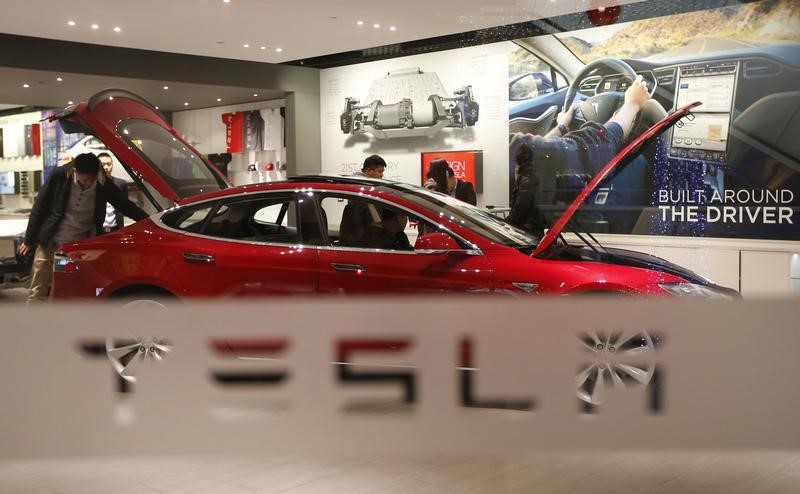This post was originally published on this site
https://i-invdn-com.investing.com/news/LYNXMPEB2805O_M.jpg
China’s new electric vehicle penetration was largely muted in December despite several auto brands announcing promotional campaigns and a decent sales recovery for passenger vehicles, following the easing of quarantine/mobility restrictions and testing requirements. J.P. Morgan analysts noted that the usual peak season rally is not happening for the year despite this being the last year of China’s long-running NEV subsidy program.
The analysts wrote in a note, “The NEV penetration rate is estimated to remain stable at ~32%. While NEV sales continue to increase on a sequential basis, this is somehow below expectation and the historical trends, especially considering the fact that subsidies will be phased out from 1 January 2023, and that several auto brands had announced promotional methods.”
Xpeng (NYSE:XPEV) saw a strong sequential recovery at >100% m/m up from November. BYD (SZ:002594) remained solid with ~120% y/y growth and a moderate m/m growth at 16%. Leapmotor (HK:9863) was up 40% m/m and 50% y/y, likely attributable to year-end promotion activities.
Nio (NYSE:NIO) and Tesla (NASDAQ:TSLA) both saw declines, with Nio down 6% m/m and Tesla’s domestic sales down 21% m/m. NIO also lowered its 4Q22 vehicles delivery guidance by 10-18% providing reasons that it has been facing challenges in delivery, production, and supply chain constraints.
On December 24, NIO launched two new models – the EC7 (coupe SUV) and ES8 (SUV) on NIO Day. J.P. Morgan projects NIO will see a strong production ramp in 2023, with delivery topping 250k units, up from 130k this year, driven by solid order backlog and new models.
Shares of XPEV and NIO are up 2.77% and 1.07% respectively in early trading, while TSLA is up 5.26%.

